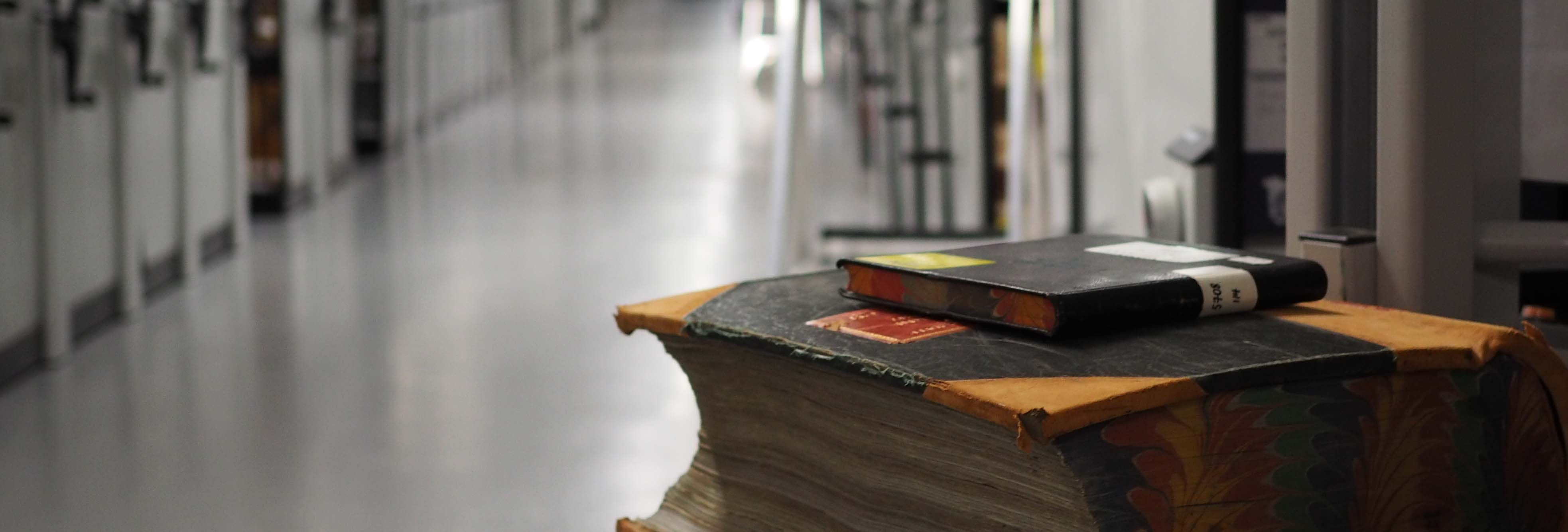Acquisitions
Every collecting organisation has a collection that will grow over time. In archives the process of accepting material into your collection is called acquisition.
An acquisition can be:
- a transfer of items
- a donation
- a loan
- or purchase of items.
To help build and grow your collection there are many supporting documents and tools you can use to promote yourself to potential donors and make the process of donating material as easy as possible. To start think about having hardcopy leaflets or pages on your website that introduce your organisation and it’s collecting focus. You can also provide information to potential donors through your website.
This may include forms like:
- deed of gift
- copyright agreement
- an accession form.
Your Archives Policy establishes the focus of your organisation’s collecting activities, that is what will be collected, conditions of acceptance amongst other things. Material offered by way of transfer, donation or loan should be assessed to against the Archives Policy. This evaluation is called appraisal. We have put together a short checklist to help you undertake your appraisal of items that you are considering bringing into your collection.
Further information on Developing an Archives Policy
The appraisal checklist
- do the records fit with the acquisition statement or collecting policy specified in my archives policy?
- will the creator or donator of the material need to use the items? This may mean they need to regularly borrow the items back from your organization.
- do the records have to be retained to meet legal or financial obligations? If yes, how long?
- do the records have value for the information they contain? Will potential researchers or visitors to your organisation be interested in the items for research or viewing purposes?
- do the records document historic, scientific, social or other community activities?
- could researchers find the information contained in the records useful?
- would the records or the information they contain be useful for promotion, display, publication, or another purpose?
- can the archive care for the records and make them accessible? Do you have appropriate storage space for the items?
- would it be more appropriate for the records to be held in another archive or collection?
- do the records relate to material already in the archive or collection?
Surveying the material
The next step in the appraisal process is to gather as much information as possible, the donor and what rights you have to those items should they come part of your collection. This information will assist you in confirming whether you should accept the records into your collection and if you do accept them it will form part of your cataloguing information.
As part of the records survey you should gather information about the material:
- what is it?
- who owns it?
- what are the proposed access conditions? That is will there be any restrictions on access to the records?
- if acquired will legal title to the material be passed to the archive? i.e. not a loan
- what will happen with copyright? Will the archive have rights in terms of copyright?
- who created and used the records?
- where have the records come from? person? organisation? place?
- what were the records used for? What do they document?
- what format are the records? eg. Volumes, photographs, letters, video tapes etc.
- what is the quantity of the records?
- what are your recommendations and reasons for accepting or rejecting? Refer back to your Archives Policy.
Keep an accession register to document the information and record date that the records became part of your collection.
Finally if required seek advice from a legal advisor to ensure aspects related to the above questions are adequately answered and dealt with prior to you taking custody of the collection.
